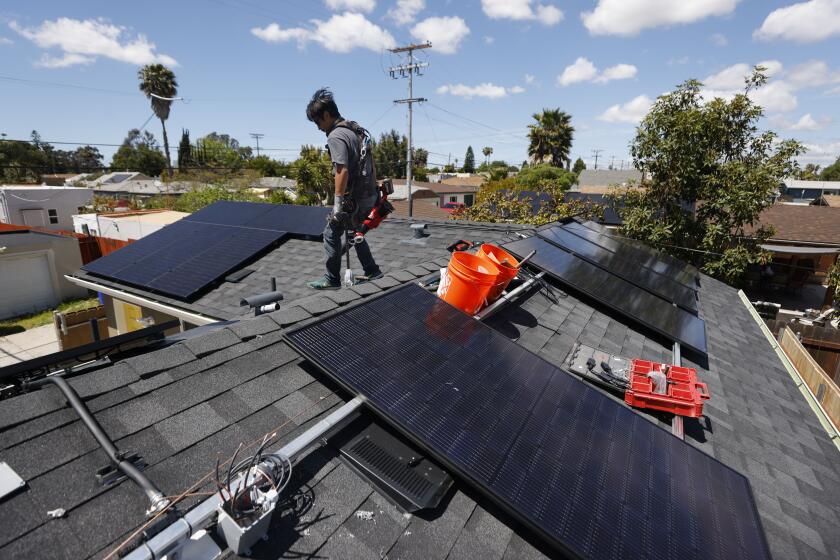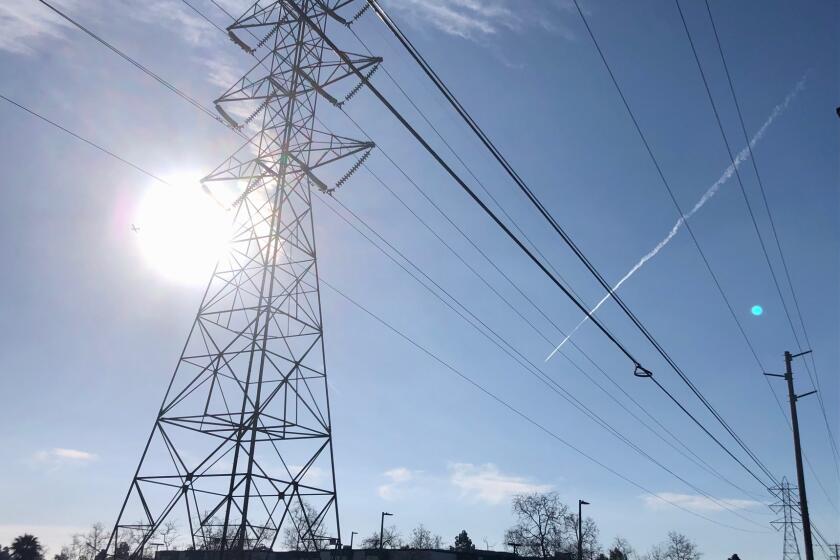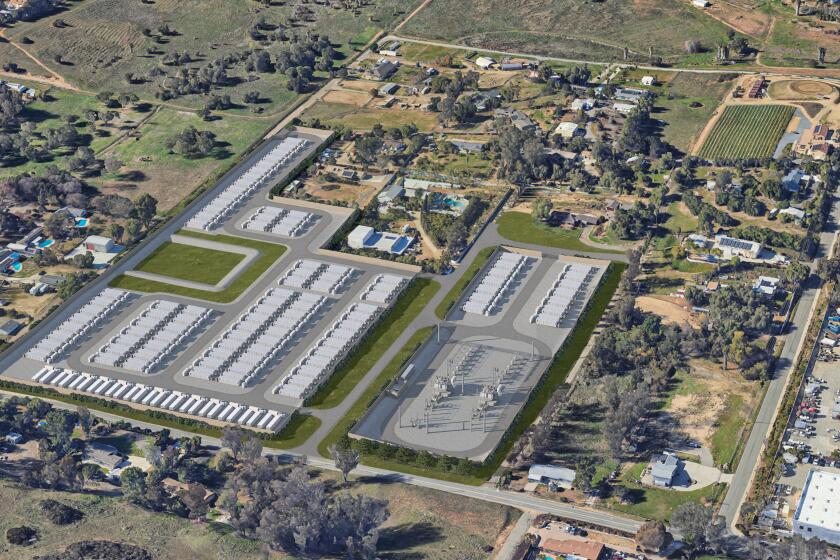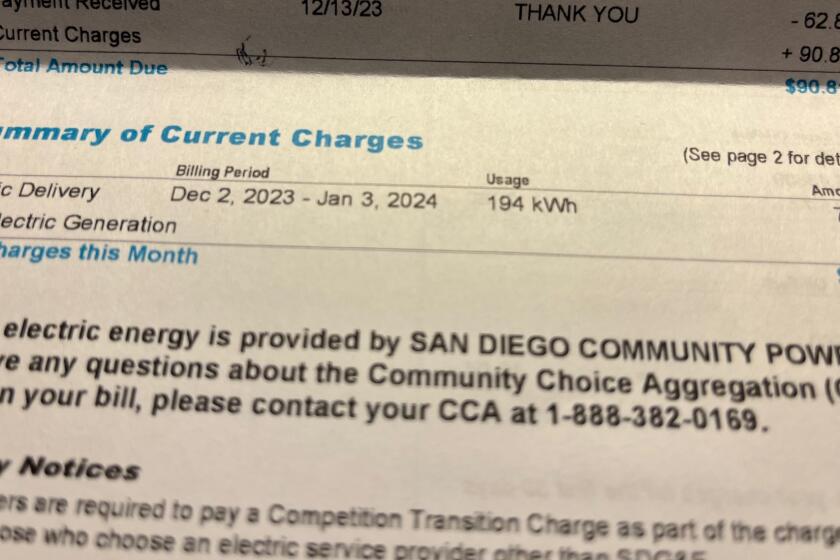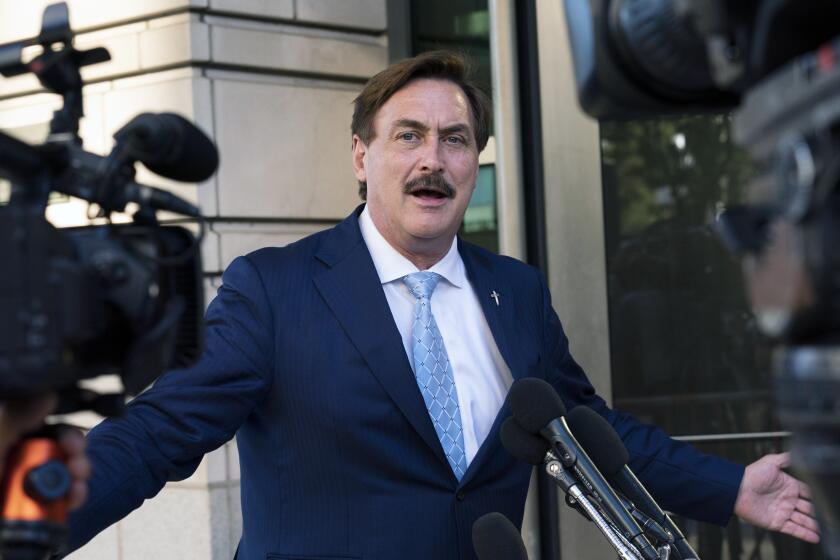San Diego gas prices hit record high. You’re paying $2 more than a year ago
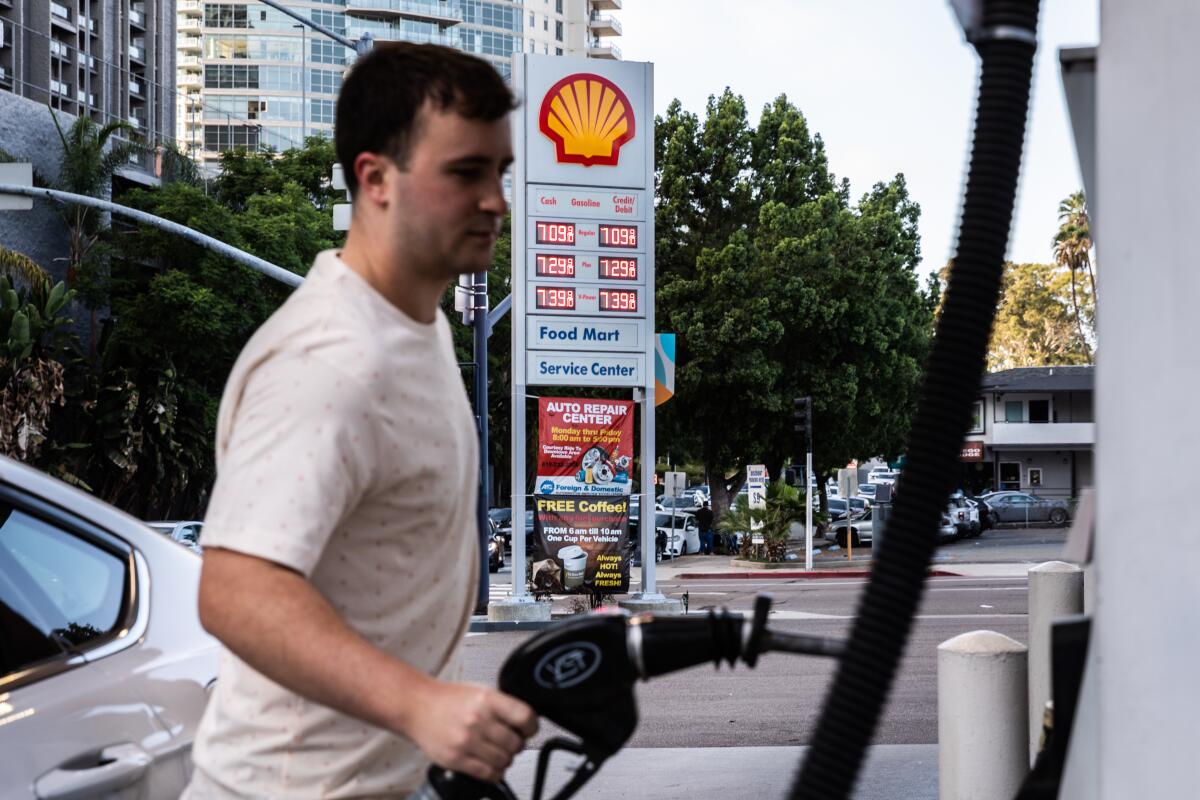
Gov. Newsom wants Legislature to impose a windfall profits tax on oil companies.
The average price for a gallon of regular gasoline in the San Diego area rose for the 17th consecutive day Monday, increasing to $6.40 — an all-time high.
According to data from AAA of Southern California, prices have gone up for 30 of the past 31 days — although if it’s any consolation to drivers, the rate of increase has slowed in the past two days.
This story is for subscribers
We offer subscribers exclusive access to our best journalism.
Thank you for your support.
After AAA recorded double-digit increases for four straight days last week (Sept. 27-Sept. 30), the average price in San Diego rose eight-tenths of a cent Sunday and six-tenths of a cent Monday.
San Diego drivers are paying 61.4 cents more per gallon compared with one week ago, $1.16 more than one month ago and $2.04 more than this time last year.
Even adjusted for inflation, the average price is at record levels.
During a gasoline price spike 14 years ago, AAA data showed the average price for a gallon of regular in San Diego crested at $4.63 on June 16, 2008. Using an inflation calculator from the U.S. Bureau of Labor Statistics, that comes to $6.27, which is 13 cents lower than Monday’s price.
“Some West Coast states saw prices rise 35 to 55 cents per gallon in the last week as refinery issues continued to impact gasoline supply, which fell to its lowest level in a decade in the region, causing prices to skyrocket,” Patrick De Haan, head of petroleum analysis at GasBuddy, said Monday in a newsletter. “While I’m hopeful there will eventually be relief, prices could go a bit higher before cooling off.”
Fuel analysts pointed to a combination of outages among California refineries. In a pair of planned outages in September, Marathon Petroleum shut down a unit in Carson and Valero Energy performed maintenance on its refinery in Benicia, according to Reuters.
And in a pair of unplanned outages, a Sept. 16 fire at a Phillips 66 refinery in the Los Angeles area led to an overhaul while a Sept. 11 equipment failure at Chevron’s refinery in Richmond disrupted production.
But Gov. Gavin Newsom on Friday blasted oil companies for the price increase, citing a $2.50 differential between what the average Californian and the average U.S. driver pays at the pump.
“It just doesn’t add up,” Newsom said in a videotaped Twitter message. “The degree of divergence from the national prices has never happened before. And oil companies, they provide no explanation. The fact is, they’re ripping you off.”
Newsom has called on the Legislature in Sacramento to pass a bill enacting a windfall profits tax on refiners who do business in the state.
Newsom did not specify how the windfall profits tax would work, but Jamie Court, president of Consumer Watchdog, a Los Angeles-based consumer group and longtime critic of California oil companies, envisions setting a profit limit of, say, 75 cents per gallon and if profits exceed that amount, the companies have to return the money.
“No one’s saying the oil refiners can’t make a reasonable return,” Court said, “but what we’re saying is when people can’t afford to get to work because they can’t fill up their car, (refiners) can’t make a pig-at-the-trough-type of return.”
Court said he did not know of California — or any other state — ever enacting such a measure. However, Great Britain passed a 25 percent windfall tax on oil and gas producers this summer and the European Union passed a similar levy last week.
Senate President Pro Tem Toni Atkins, D-San Diego, and Assembly Speaker Anthony Rendon, D-Lakewood, said in a joint statement that a windfall profits tax “deserves strong consideration by the Legislature” and they “look forward to reviewing the details of the governor’s proposal.”
But the next legislative session doesn’t begin until January. Court of Consumer Watchdog wants Newsom to call a special legislative session before then.
The California Energy Commission — whose five commissioners are appointed by the governor — sent a letter Friday to the five oil refiners who make up nearly all the gasoline production in the state, asking them to explain the “sudden and unprecedented” price increase.
“This dramatic jump in California gasoline prices occurred despite crude oil prices dropping nearly $10 per barrel below the average price in August 2022 — a savings your industry is not currently passing on to consumers at the pump,” CEC chair David Hochschild wrote.
The Union-Tribune sent emails to the refiners, with some of them referring questions to the Western States Petroleum Association, an oil and gas trade group based in Sacramento that represents them.
“The Governor and the Legislature fail to understand time and time again that their policy decisions have a major impact at the pump,” Kara Greene of the petroleum association said. “Gov. Newsom has the ability to quickly lower gas prices by suspending gas taxes and his regulatory program costs, but he’s deliberately chosen to make another policy decision to further increase costs on consumers through yet another tax on fuel.”
California drivers pay the highest amount in gas taxes and fees of residents of any state, according to an analysis at the start of the year by the American Petroleum Institute. California’s excise tax on gasoline increased almost 3 cents in July to 53.9 cents per gallon.
Wayne Winegarden, senior fellow at the Pacific Research Institute, a libertarian think tank, criticized the windfall profits proposal.
“The way to address this is to remove the weight of the government on the market and allow greater efficiency to arise,” Winegarden said. “It’s not to correct one adverse outcome from government action by throwing another one in.”
On the same day Newsom accused the oil companies of “extortion,” he also announced that he is directing the California Air Resources Board to accelerate the transition from summer blend gasoline to winter blend, which is less expensive. Normally, the switch does not happen until Nov. 1 but Newsom said accelerating the transition could lower the price as much as 25 cents a gallon.
Stillwater Associates, a transportation energy consulting company in Irvine, estimates the early approval of the winter blend will increase supply 5 percent to 10 percent and collectively save California consumers about $1 billion in October.
In addition, Newsom last month signed Senate Bill 1322 into law, which will require California refiners to report each month on the cost of the crude oil they buy, the wholesale price of the gasoline they sell and the profits they make per gallon.
“For far too long, refiners in our state have been able to keep their profit margins under wraps,” said Sen. Ben Allen, D-Santa Monica, who sponsored the bill.
Also, starting this month and going through January, what’s been dubbed the Middle Class Tax Refund will send direct payments of up to $1,050 — depending on income status — to state residents. The payments will go to all Californians who qualify, regardless of whether they are registered drivers or not. Owners of electric vehicles also qualify.
Get U-T Business in your inbox on Mondays
Get ready for your week with the week’s top business stories from San Diego and California, in your inbox Monday mornings.
You may occasionally receive promotional content from the San Diego Union-Tribune.

